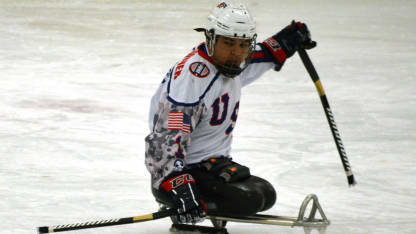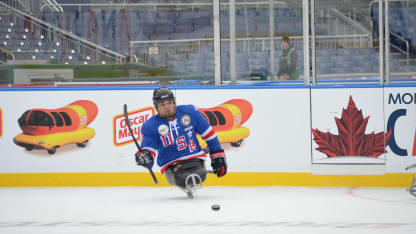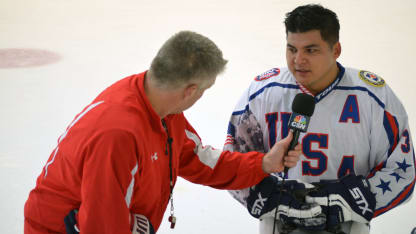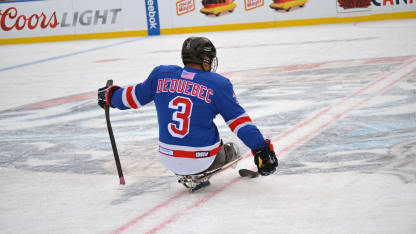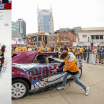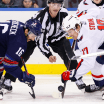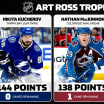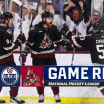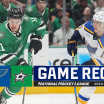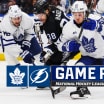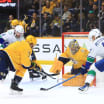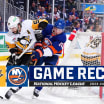Six years ago, Marine Corps gunnery sergeant Ralph DeQuebec lost both legs when he was wounded in Afghanistan by an improvised explosive device. The aftershock included a mild traumatic brain injury followed by partial amputation of his left little finger and right thumb, pneumonia and at least 30 surgeries at Landstuhl Regional Medical Center in Germany before returning to the United States.
It was during rehabilitation when his life after combat went into limbo. The Purple Heart recipient was away from family and friends, trying to figure out what to do, trying to create a new identity.
Paralympian learned finer points of hockey from playing video game
DeQuebec, who won gold medal with U.S., can relate to Esports phenomenon
